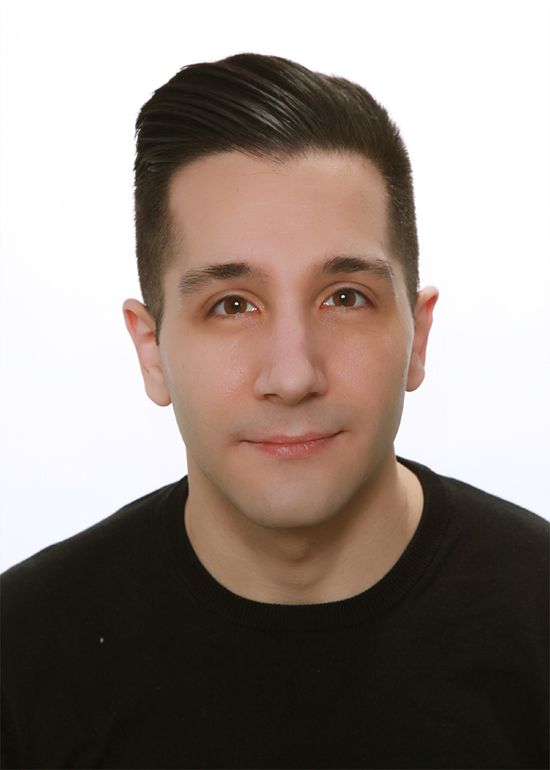
This course introduces basic concepts of statistical data analysis and their practical application in Mobile Computing and Connected Healthcare.
This is the 2024 course - the current course is online at
https://open.hpi.de/courses/hpi-dh-wearables2025
Lecture: Monday 1.30pm - 3.00pm in G2.U.10-14 (computer pool room in the basement of the Digital Health Cluster)
Tutorial: Tuesday 9.15am - 10.45am in G2.U.10-14
Kurssprache: English
Kursinformationen
This is the 2024 course - the current course is online at
https://open.hpi.de/courses/hpi-dh-wearables2025
- Introduction to Data Science for Wearables: Covering essential data science principles and their application in analyzing time-series data from wearables. This includes an overview of wearable technology’s role in health and fitness, alongside statistical foundations for robust data analysis.
- Statistical Data Analysis and Experimentation: Focusing on designing statistically valid empirical data collection methods with wearables, including conducting experiments and achieving accurate statistical test results.
- Handling Time-Series Data: Techniques for managing time-series data challenges, such as imputation for missing data and dimensionality reduction, to simplify analysis without losing critical information.
- Feature Engineering and Machine Learning Basics: Introducing feature extraction methods from raw data and transitioning to machine learning, specifically for tasks like classification and pattern recognition in wearable sensor data.
- Practical Application with Wearables: Empirical experimentation with wearable devices to apply covered theories in real-world scenarios, enhancing learning through hands-on experience. No prior knowledge required; the course caters to all levels, providing necessary background knowledge.
Lernmaterial
Welcome and Introduction
R material:
links & slides for the R sessionsTools
Introduction to SensorHub
Statistical Analysis
Two-Sample and Variance Tests
Power and Tabular Data
Introduction to Machine Learning
Introduction to Supervised Machine Learning
Introduction to Deep Learning
Introduction to Unsupervised Learning
Introduction to Scientific Writing
Für diesen Kurs einschreiben
Lernende
Dieser Kurs wird angeboten von

Prof. Dr.-Ing. Bert Arnrich leitet den Lehrstuhl "Digital Health - Connected Healthcare" am Hasso-Plattner-Institut. Er beschäftigt sich mit dem Erfassen und der Analyse von gesundheits-relevanten Daten aus dem täglichen Leben. Ziel ist die Mitgestaltung eines zukünftigen Gesundheitswesens in dessen Mittelpunkt die Erhaltung einer gesunder Lebensweise steht.
Bert Arnrich hat "Naturwissenschaftliche Informatik" an der Technischen Fakultät der Universität Bielefeld studiert. Im Jahr 2006 erhielt der den Doktortitel Dr.-Ing. für seine Doktorarbeit "Data Mart Based Research in Heart Surgery". Zwischen 2006 und 2013 hat er die Forschungsgruppe "Pervasive Healthcare" am Wearable Computing Lab der ETH Zürich geleitet. Er erhielt ein Marie Curie Stipendium der Europäischen Union und wurde 2013 zum Assistenz-Professor am Computer Engineering Department der Bosporus Universität ernannt. Zwischen 2017 und 2018 arbeitete er als Science Manager für Emerging Technologies bei Accenture.

Berry Boessenkool gibt seit 2012 R Kurse in unterschiedlichen Formaten. Er hat sich als freiberuflicher R Trainer und Berater selbstständig gemacht und arbeitet in Teilzeit als Dozent am HPI. Seine Leidenschaft zum Programmieren wurde im Studium der Geoökologie geweckt und die Analyse von Umweltdaten ist ihm nach wie vor ein Herzensanliegen.

Orhan Konak is a mathematician born and raised in Berlin. After completing his Mathematics – Computational Engineering studies at the Beuth University of Applied Sciences, Orhan gained several years of experience as a software developer and forecast manager in various fields such as energy, software development, and health. After seven years of industry experience, he returned to the academic environment. For over five years, Orhan has been primarily researching and teaching in digital health and machine learning.